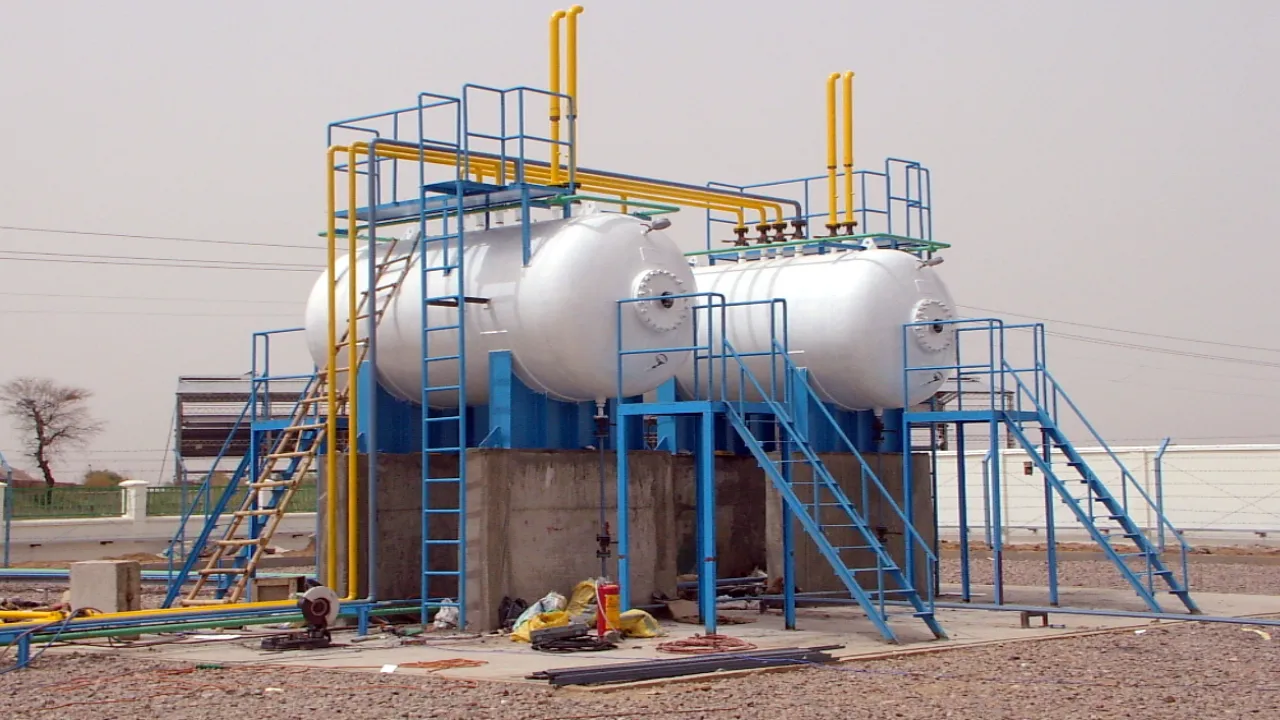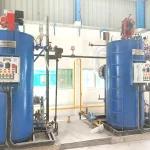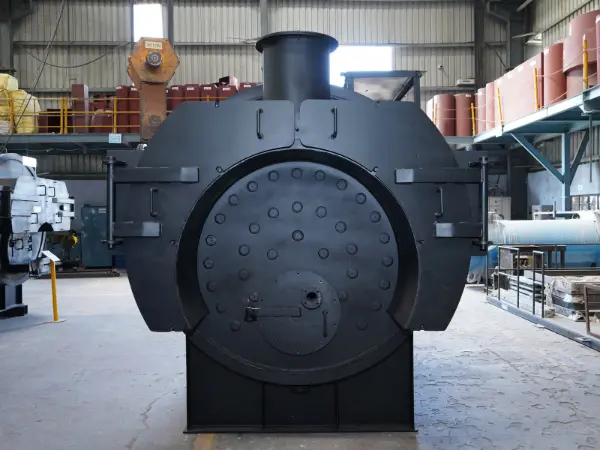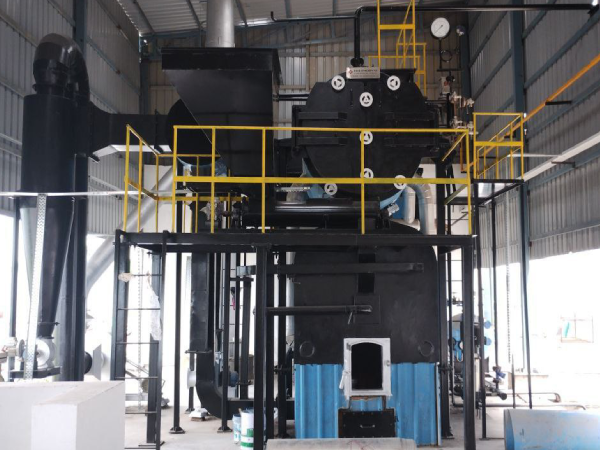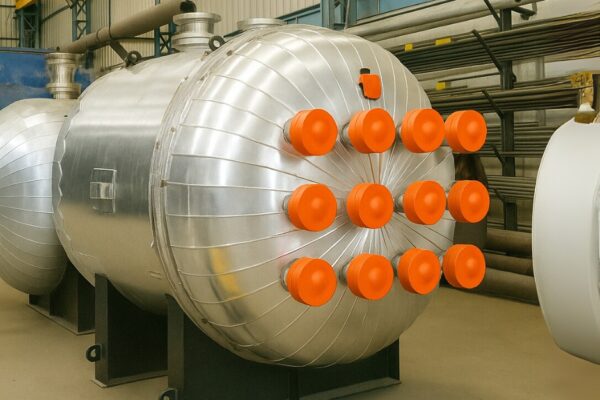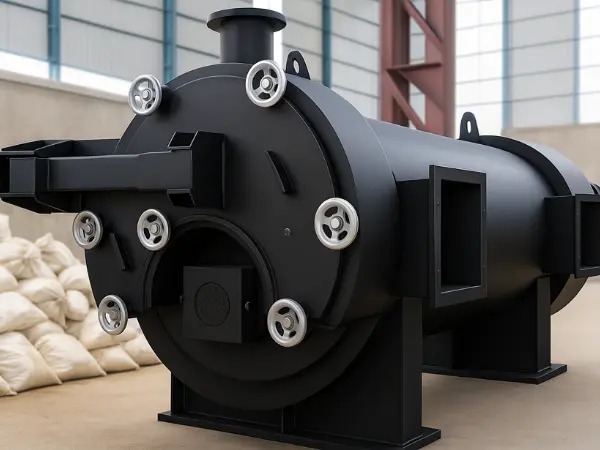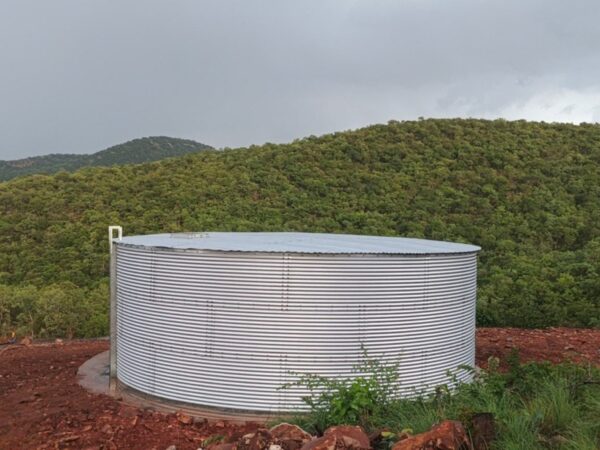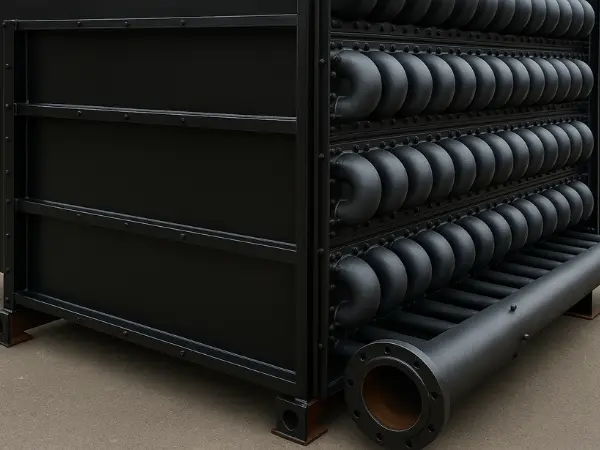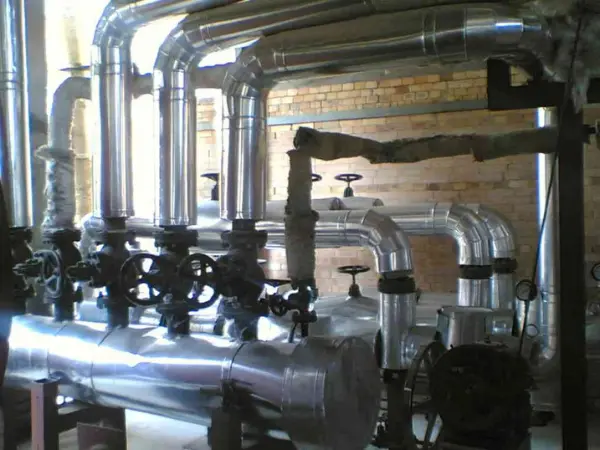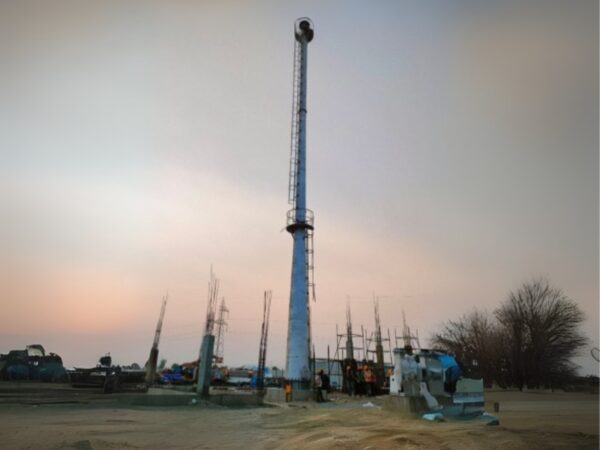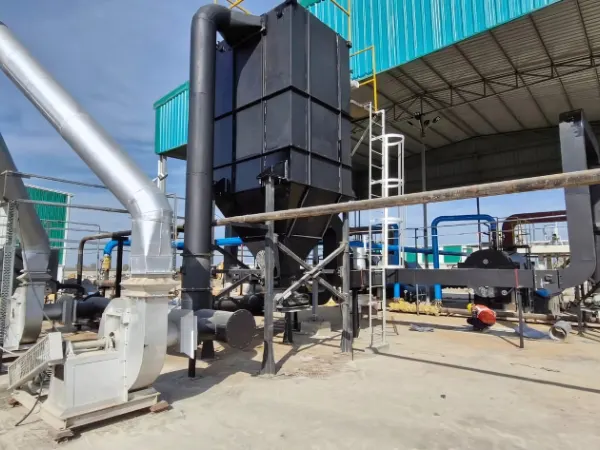PROCESS TANKS
PROCESS TANKS
Our PESO-certified process tanks are engineered to meet the highest safety standards for the storage and handling of hazardous substances like fuels, chemicals, and gases. Manufactured with precision and quality materials, these tanks ensure safe, reliable performance in industrial environments.
Designed to comply with Petroleum and Explosives Safety Organization (PESO) regulations, our tanks are ideal for industries that require robust, durable, and compliant solutions for process storage. Choose our tanks for superior safety, durability, and peace of mind in critical applications.
Suggested Products
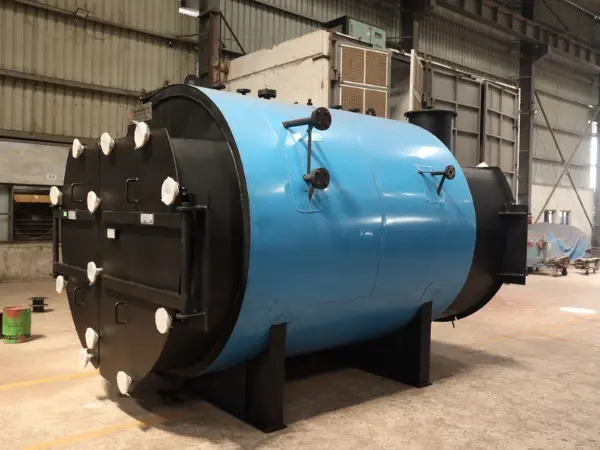
Wastetherm- (Waste Heat Recovery Boiler)

Steam Accumulator
Book a free Consultation
Contact us for more details about our boilers, installations and services.

